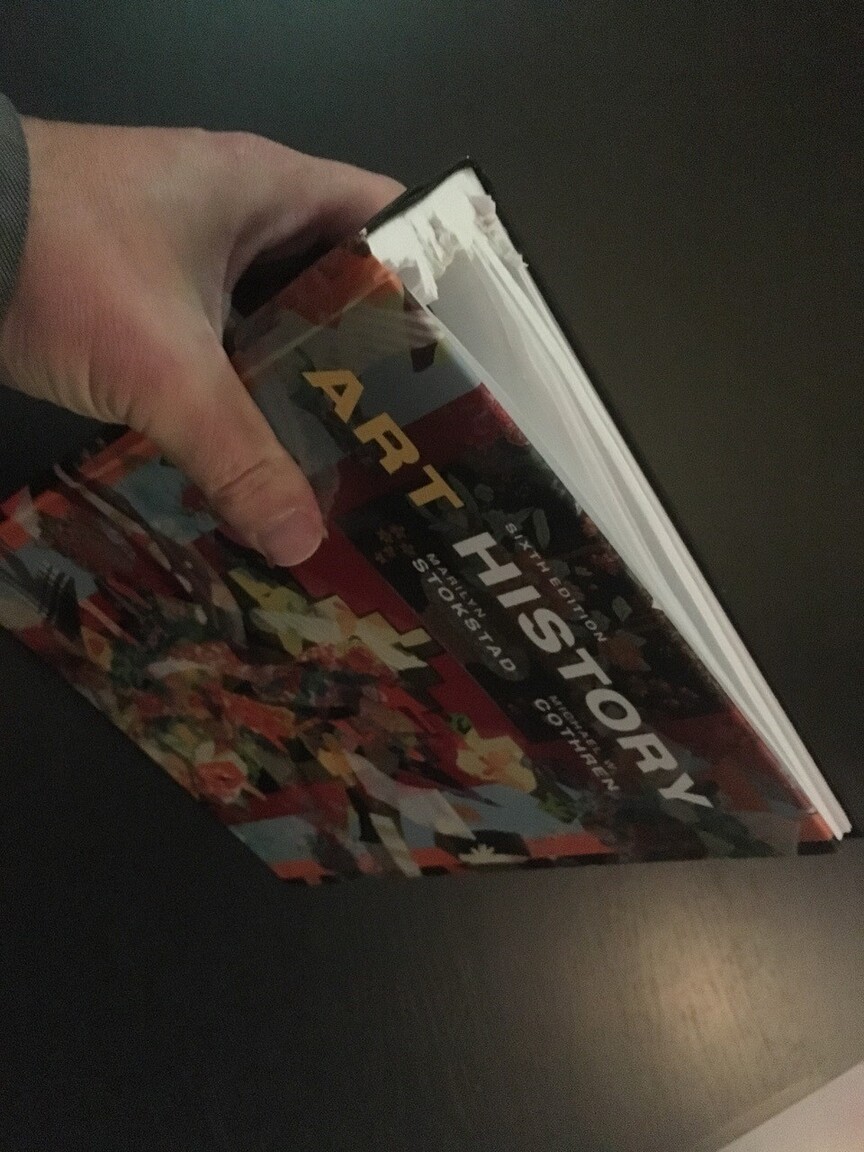Talk

Critical Spatial Practice V: Stephen Wright
This lecture will focus on the need to retool our conceptual vocabularies as a way of gaining insight into the dynamics of usership-generated and usership-oriented practices.
Title of lecture:
Competence, Commoning, Compatibility
Compatibility has replaced specificity as the key category of post-autonomous artistic practice. Whereas modernist doctrine preached site-specificity and touted specific objects or regimes of visibility, public practitioners today are more focused on ensuring their work is context- and collaboration-compatible as they seek to engage a broader usership. Though performativity continues to enjoy hegemonic status in the mainstream artworld and has become the key mechanism of accumulation in the attention economy, many practitioners too are deliberately evading performative capture, discretely deploying artistic competence in collaborative contexts without performing — at least not immediately — what they do as art. These strategies, and more broadly the outlook that informs them, may be described as ways of commoning artistic energy. This lecture will focus on these three keywords — which reflect the need to retool our conceptual vocabularies in the light of the usological turn in contemporary art and society— as a way of gaining insight into the dynamics of usership-generated and usership-oriented practices. SW
Stephen Wright is a Paris-based writer and co-director of the PhD-level artistic research program “Document & contemporary art” at the European School of Visual Art (ÉESI). In 2017, he was Guest Professor in the Aesthetics and Politics program at the California Institute of the Arts (CalArts, Los Angeles), and since 2008 has been a member of the Acquisitions Committee of a FRAC public art collection in France. Over the past decade, his research has examined the ongoing usological turn in art-related practice, focusing on the shift from modernist categories of autonomy to an art on the 1:1 scale, premised on usership rather than spectatorship.
This event is free and open to the general public. The lecture is organized by MFA Art and Public Space (MAPS) & KHiO Art and Craft Department.